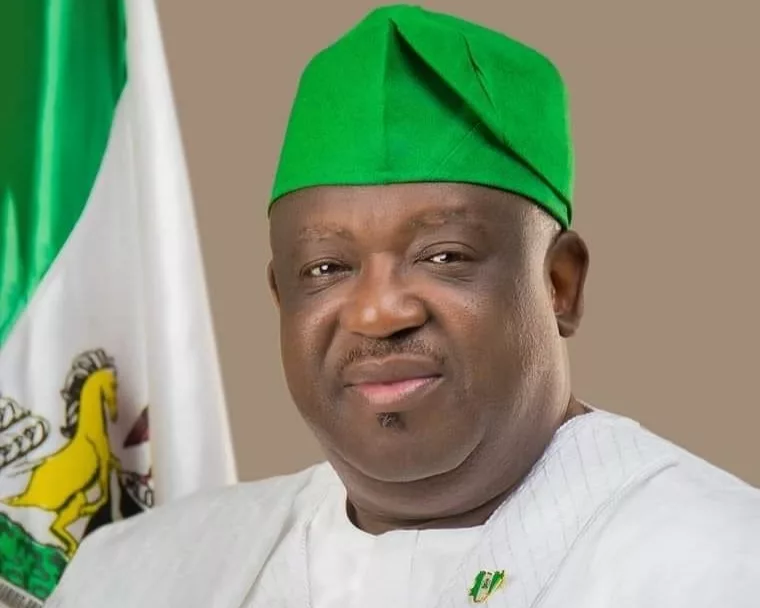In a move signaling a shift toward stronger land administration, Plateau State Governor Caleb Mutfwang has pledged to reclaim all lands unlawfully occupied across the state, particularly those seized from displaced communities during years of unrest.
Speaking at a government function in Little Rayfield, Jos, where he received reports from two high-level committees—one on land management and another on the resettlement of displaced persons—Governor Mutfwang described the current situation as untenable. He condemned the growing trend of individuals seizing land under the guise of abandonment, calling it both “uncultured” and “uncivilised.”
“Land is never just lying fallow. Every parcel has a story, a history, and an owner,” the governor asserted. “This administration is committed to restoring not just ownership, but dignity to those who have been uprooted.”
He reaffirmed his administration’s resolve to enforce an anti-land-grabbing law enacted during the tenure of his predecessor, Senator Simon Lalong. According to him, the legislation offers a legal pathway to address widespread concerns over illegal settlements, displacement, and asset seizure across Plateau’s rural and urban areas.
To back his words with action, the governor revealed that a special task force has already been constituted to begin identifying and retrieving state-owned properties currently in unauthorized hands. This effort will include documenting all disputed assets and verifying the legitimacy of current occupants.

Governor Mutfwang also referenced the long-standing issue of internally displaced persons (IDPs) and the need to facilitate their return to ancestral lands. “For over two decades, many of our people have been forced away from their homes. These are not just places—they are sources of identity, memory, and meaning,” he said, underscoring the psychological impact of dislocation.
Challenging those who had previously accused him of exaggerating the extent of the displacement crisis, Mutfwang pointed to the committee’s report as validation. “We now have the data. If anyone disagrees with it, let’s go to those communities together. The truth is on the ground.”
The committee’s chairman, Air Commodore Christopher Pam (rtd.), shared recommendations from their findings, including the construction of 14 military and police outposts in high-risk areas, and the mobilization of both formal security forces and local vigilante groups to protect vulnerable communities.
On the question of land development and allocation, Mutfwang expressed concern over the growing number of unauthorized structures springing up on government plots. “We are seeing people build on state lands without any formal process. That will stop. There must be order,” he declared.
He also hinted at broader reforms that may involve collaboration with private developers. “There are estates built by government that are now in disrepair. We want to unlock the economic value of these assets by partnering with the private sector—this way, we revitalize these areas and generate revenue, all while addressing housing and land use challenges.”
Governor Mutfwang concluded by emphasizing that land issues in Plateau are more than just legal or administrative—they are deeply connected to identity, peace, and justice. His administration, he said, would not shy away from confronting the hard truths necessary to bring healing and order to the state.



